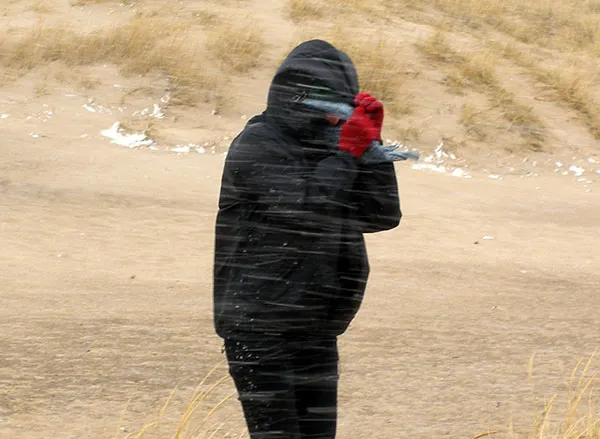
Previous "News from the Field" authors have written about visits to Yorkshire, Rio de Janeiro, and Italy. I write from the Upper Midwest, so I’m a little jealous. I am spending the academic year as a visiting scholar at the Erb Institute at the University of Michigan. The Erb Institute is an interdisciplinary venture between the Stephen M. Ross School of Business and the School of Natural Resources and Environment, and Erb sponsors the world’s leading dual-degree program in business economics and sustainable enterprise.
While I would prefer if Michigan were located overseas (at least in a warmer climate), I am otherwise thrilled to be here. To understand why this is such a great opportunity, it is useful to provide some background. My specialization is environmental economics and regulation. I study firm, consumer, and government agency responses to pollution policies. I’m especially interested in understanding the economic incentives generated by environmental programs and their implications for designing more effective and cost effective environmental policies in the future. Areas of specific interest include monitoring and enforcement, information disclosure and advisories, and environmental health.
The Erb Institute is a hotbed of research related to my interests. Erb scholars study how businesses, nature, and societies interact. Like me, many of the Institute’s faculty affiliates explore how markets, laws, social norms, and information can be used to promote sustainable enterprise. A guiding principle is the simultaneous consideration of financial and ecological objectives. Efficient, effective, and politically stable policies require balanced economic, environmental, and social goals.
My day-to-day life here is unlikely to inspire a "Harrison Ford as professor" movie (or, to be honest, even a PBS documentary), but I am enjoying it. A typical day involves some combination of data collection, statistical analysis, writing, and phone calls to co-authors, policy-makers, and stakeholders. Increasingly, I spend time discussing research with campus colleagues. I have begun two new corporate environmental behavior projects with Michigan collaborators, and my continuing work has benefited greatly from conversations with local scholars in legal studies, corporate strategy, marketing, economics, and public policy. For example, I recently discussed my enforcement research with the former head of the environmental crimes division at the Department of Justice - now a professor at Michigan law.
A significant advantage of a research leave is time to travel. During the past few months, I presented my work at numerous conferences, universities, and public policy venues. The highlight was testifying before the US House of Representative’s Committee on Transportation and Infrastructure. The hearing was entitled "The Clean Water Act after 37 years," and I was asked to speak about the increasingly controversial environmental monitoring and enforcement. I testified that my research shows that monetary fines for water pollution violations, though rare, get results. Penalties significantly deter subsequent violations at the sanctioned facility, spill over to reduce violations at other facilities in the same jurisdiction, and encourage greater pollution reductions even at plants that are already in compliance. Important implications follow. First, substantial improvements in water quality may be achieved with relatively modest additional investments in traditional monitoring and enforcement. Second, improving water quality may not require dramatic departures from the current regulatory system. While enforcement gets results, the potential impacts of voluntary, cooperative, informational, or other alternative pollution control programs are poorly understood.
I will stay in Michigan until June, and I continue to be excited about professional life here. And while I miss New Orleans, I am enjoying my personal time as well. I have done a bit of weekend hiking throughout the state, and I look forward to more in the spring. I also intend to do some backpacking on the upper peninsula before I head south. And finally, there is University of Michigan hockey, basketball, and baseball in my future.
My news from the field? All is well! I am extremely grateful to SLA and Tulane for generous support, and I’ll look forward to seeing everyone in New Orleans again soon.

